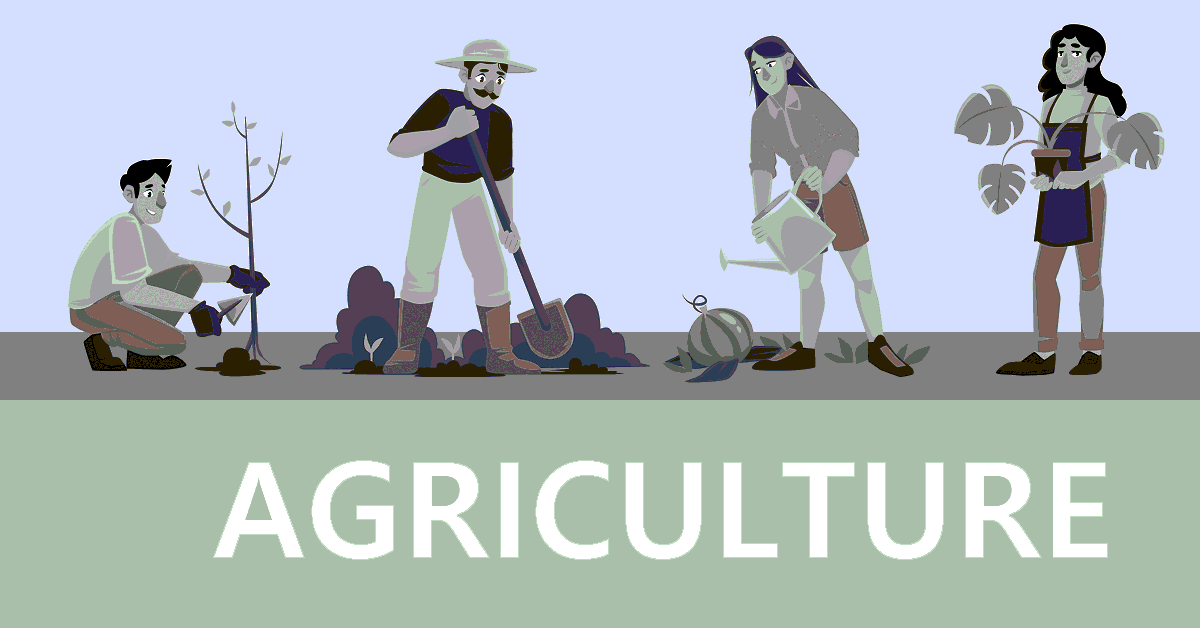
Genetic engineering is a rapidly evolving field that has the potential to revolutionize agriculture. The ability to manipulate the genetic material of crops has the potential to increase yields, reduce the use of pesticides and herbicides, and improve the nutritional content of foods. Despite the potential benefits, the use of genetic engineering in agriculture remains a contentious issue, with concerns about its impact on the environment and food security. In this article, we will explore the impacts of genetic engineering in agricultural crops, including its benefits and drawbacks, and provide a comprehensive analysis of the latest advancements in the field.
Benefits of Genetic Engineering in Agriculture:
- Increased yields: One of the primary benefits of genetic engineering in agriculture is the potential to increase yields. This can be achieved through the introduction of traits that increase the resistance of crops to pests and diseases, or by improving their ability to tolerate harsh growing conditions. For example, the adoption of Bt cotton in India has led to increased yields and reduced pesticide use.
- Reduced use of pesticides and herbicides: Another benefit of genetic engineering in agriculture is the potential to reduce the use of pesticides and herbicides. This can be achieved through the development of crops that are resistant to pests and diseases, or that are able to tolerate the application of herbicides. For example, herbicide-resistant soybeans have shown positive impacts on yields and reduced the use of pesticides.
- Improved nutritional content: Another potential benefit of genetic engineering in agriculture is the ability to improve the nutritional content of crops. This can be achieved through the introduction of new genes that increase the production of essential vitamins and minerals, or that improve the digestibility of the crops.
- Sustainability: The use of genetic engineering in agriculture can also have positive impacts on sustainability. By increasing yields and reducing the use of pesticides and herbicides, genetic engineering has the potential to reduce the pressure on natural resources and contribute to food security.
Drawbacks of Genetic Engineering in Agriculture:
- Development of resistant pests: One of the primary drawbacks of genetic engineering in agriculture is the potential for the development of resistant pests. The widespread adoption of Bt cotton in India has led to the development of resistant pests, highlighting the need for caution in the deployment of GM crops.
- Transfer of genes to non-modified crops: Another potential drawback of genetic engineering in agriculture is the transfer of genes to non-modified crops. This can have negative impacts on the environment and the food chain, and can also lead to the development of resistant pests.
- Potential impact on the environment: The use of genetic engineering in agriculture also raises concerns about its impact on the environment. The release of GM crops into the environment can have unintended consequences, such as the transfer of genes to wild relatives and the development of resistant pests.
- Ethical and social concerns: There are also ethical and social concerns associated with the use of genetic engineering in agriculture. Some people believe that the manipulation of genetic material is unnatural and that it could have negative impacts on human health and the environment.
Conclusion:
In conclusion, genetic engineering has the potential to revolutionize agriculture, but it is important to weigh the benefits against the risks to ensure sustainable agriculture and food security. The use of genetic engineering in agriculture has the potential to increase yields, reduce the use of pesticides and herbicides, and improve the nutritional content of foods. However, it also raises concerns about the development of resistant pests, the transfer of genes to non-modified crops, and its impact on the environment and human health. Therefore, it is important to approach the use of genetic engineering in agriculture with caution and to carefully consider the benefits and drawbacks before making decisions about its use.
Agricultural Science

